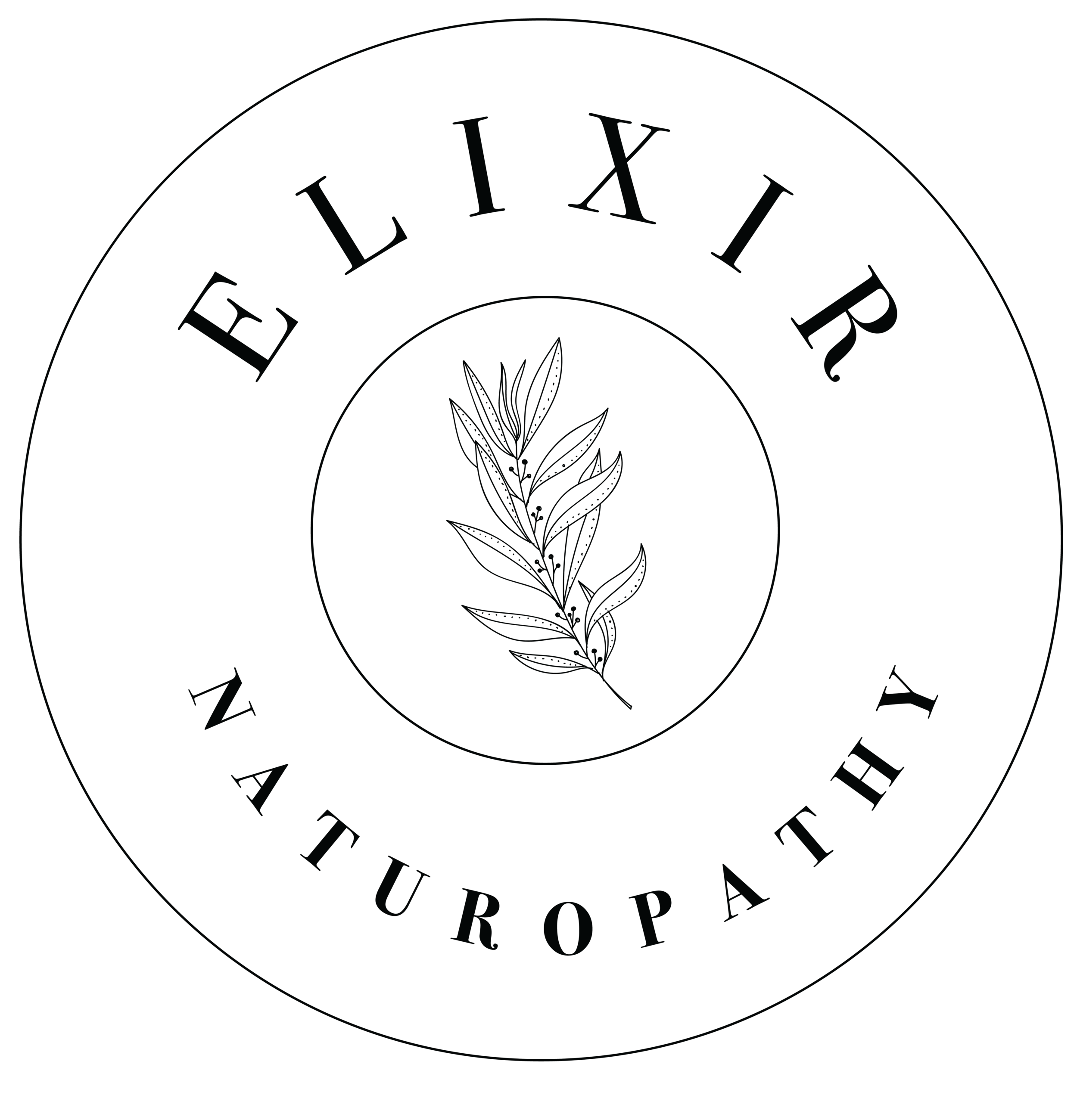Could Your Thyroid Be Responsible for Your Acne?
We all want to wake up and feel beautiful, radiant and confident in our own skin. While we should be able to do this without a second thought, regardless of colour or texture, sometimes underlying conditions or shifts in the body can get in the way of our beautiful glow and spirit. Although understandable, it still surprises me that something as common as acne can cause such a grievance for so many, but in my experience, this chronic skin condition is almost always indicative of another imbalance within the body. And despite there being a few telltale signs from time to time, much of the solution relies on good clinical case taking and further investigations.
Sometimes, we’re lucky enough to resolve our acne with a few modifications such as a new skincare regime or cutting out dairy and limiting processed sugar. Other times, it takes addressing something bigger - such as a shift in reproductive hormones or thyroid function. When it comes to hypothyroidism, it often seems like this condition can have endless manifestations in the human body (you wouldn’t be wrong in thinking so), and acne is just one more presentation.
Thyroid-Related Hormonal Imbalances & Acne
Firstly, let’s consider how this may involve the reproductive system. The ovaries have a high demand for the T3, the active thyroid hormone, to produce sex hormones. This includes progesterone, which is a much-needed hormone for preventing breakouts. Progesterone works synergistically with oestrogen, often finding a delicate balance within the body, and when this delicate balance is out of whack, breakouts can occur. It’s important to note that oestrogen dominance is very common in individuals with hypothyroidism, which in itself can lead to acne. Hypothyroidism can also interfere with insulin levels in the body, which can in turn influence testosterone levels that contributes to further hormone-induced acne and oily skin.
Acne, the Thyroid & SIBO
To further complicate the relationship between acne and the thyroid, we can examine the influence of the gut. Previously we have explored SIBO’s role in thyroid disorders, but taking it one step further is understanding how your gut microbiome can play a role in acne. Both SIBO and acne are conditions that are primarily concerned with an imbalance in bacteria, so a bacterial overgrowth in the gut can easily manifest itself in a vulnerable integumentary system - particularly within the skin. To add to the complications, a sluggish thyroid is associated with reduced stomach acid production that may lead to SIBO and microbiome imbalances, which, if left unresolved, can lead to multiple deficiencies of nutrients needed for healthy glowing skin.. This means that the influence of the thyroid on the digestive system can indirectly impact skin health.
The Role of T3
Another nuanced relationship is that of the active thyroid hormone (T3) with regard to regulating the epidermal (outermost) layer of the skin. Hypothyroidism sees lowered levels of the thyroid hormone, which can lead to irregularities in the skin. This depletion causes the body to utilise the small amounts of T3 that it does have for seemingly more important or immediate functions. In these cases, skin and hair are considered less important by the body because they are non vital excretory tissues.
Birth Control as Acne ‘Treatment’
Commonplace treatment options within the medical sphere often begin by addressing any hormone imbalance with the oral contraceptive pill (OCP) or other forms of birth control devices, which may temporarily ‘cure’ any breakouts, but doesn’t address the true root cause of the problem.
So how do you find out if hypothyroidism is responsible for your breakouts?
Because of the complex nature of thyroid conditions, when a thyroid imbalance is addressed, often many of the concomitant symptoms or imbalances naturally rectify themselves.
Before embarking on any further expensive skin-treatments or hormone-altering medications, there are simple tests and natural protocols you can undertake to determine whether a thyroid issue is influencing your breakouts. These can all be done under the supervision of a qualified specialist.
Although as many as 1 in 10 adults are living with acne, it shouldn’t have to be something you simply put up with. By taking a deeper, more comprehensive look at your health, you can address the root cause of the condition and approach acne with a holistic and preventative mindset.
If you’re looking to discover more about your thyroid health and function, and how it may be triggering this response, book your free 15-minute consult with an experienced practitioner today.
Melissa Briggs is an experienced Brisbane based Naturopath with a particular interest in women’s health and thyroid disorders. Need help with your health? Get in touch here.


